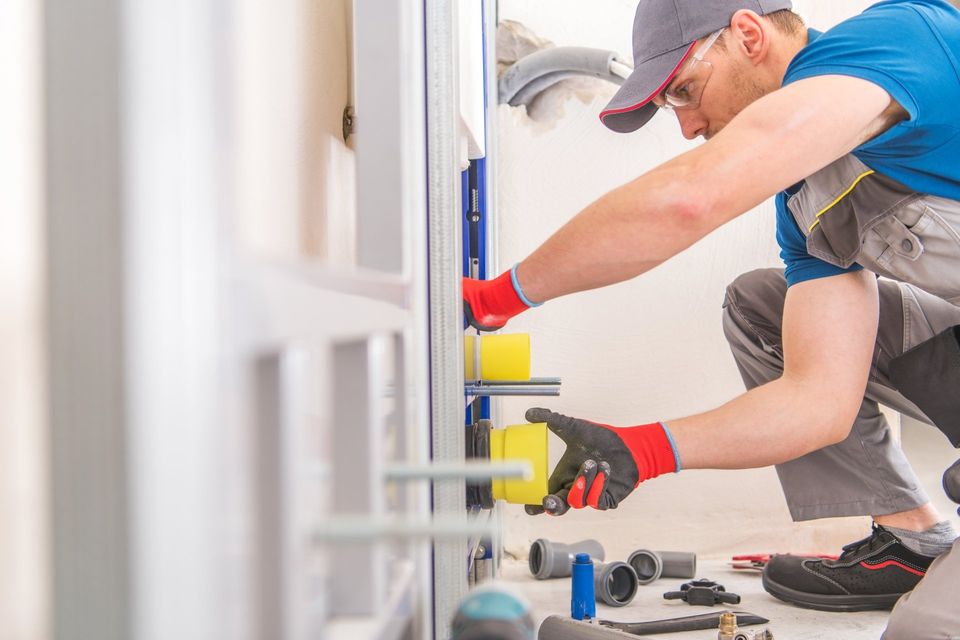About Basement Plumbing Maintenance - Our Homeowner's Guide
hen we talk about your home’s plumbing, probably the last thing on your mind would be your basement. That’s because it’s often tucked away from plain sight as compared to your bathroom and kitchen plumbing, where you can see leaks and inconsistent water pressure right away.
There’s an irony with basement plumbing because what’s least talked about is also the most integral part of your home’s water system. That’s why you need to be knowledgeable in basement plumbing maintenance. But where exactly do you start, and what should you do?
This article will provide you with four practical tips you need to know about your house’s basement plumbing.
Take this as an opportunity to look after your family’s welfare and convenient water access.

1 - Know where your water shutoff valve is located
The shutoff valve is a way to prevent major plumbing mishaps. For instance, you may inspect your pipes in your basement and see leaks. You can work on these damages more effectively if you use the shutoff valve before patching up the problem.
You also need to check your basement plumbing routinely to ensure there are no significant issues with your water supply. Use your shutoff valve if you spot any leaks. Doing so will enable you to fix any visible problems effectively.
However, you also need to be wary that shutting off your main value may also not work because there could be major internal damages in your plumbing that you cannot assess. Consult with a professional basement waterproofing service near you immediately.
2 - Clean your House's water pipes routinely and properly
Cleaning pipes is a necessity for maintaining the full functionality of your basement plumbing. It ensures that clean water is easy to source and that wastewater is effectively flushed out. However, you should not merely resort to store-bought solutions, like chemical drain cleaners and abrasive tools, because these can result in defects in your plumbing.
The best solution for cleaning your pipelines is to use an old toothbrush and a sponge to remove any contaminants in the pipe’s edges. For deep cleaning, use baking soda, vinegar, and hot water. Pour the water down your sink for 15 minutes, then sprinkle three cups of baking soda and let it sit for ten minutes. Finish off cleaning with the vinegar.
3 - Be Mindful of Your Water Heater
Most households have their water heater installed in the basement because it allows the unit to work efficiently. You see, when you turn on the hot water valve either in your kitchen faucet or bathroom shower, freshwater first runs through the water heater and then goes to you. However, your water heater’s placement in the basement is also what makes it vulnerable to complications.
For example, your basement pipelines may burst and flood the entire space, affecting your water heater as it gets submerged. It leads to costly damages, and you will either have to get your water heater repaired or replaced.
The best way to avoid any complications with your water heater is to always inspect it when you check your basement’s pipes and valves. Inspect for leaks and make sure that there are no wet spots near your water heater. Read your water heater’s manual carefully and take note of proper maintenance.
Conclusion
Don’t be like other households that don’t know that their basement plumbing is a blind spot. Keep to proper maintenance, vigilance, and professional solutions for your household’s sake. Check your plumbing today!


